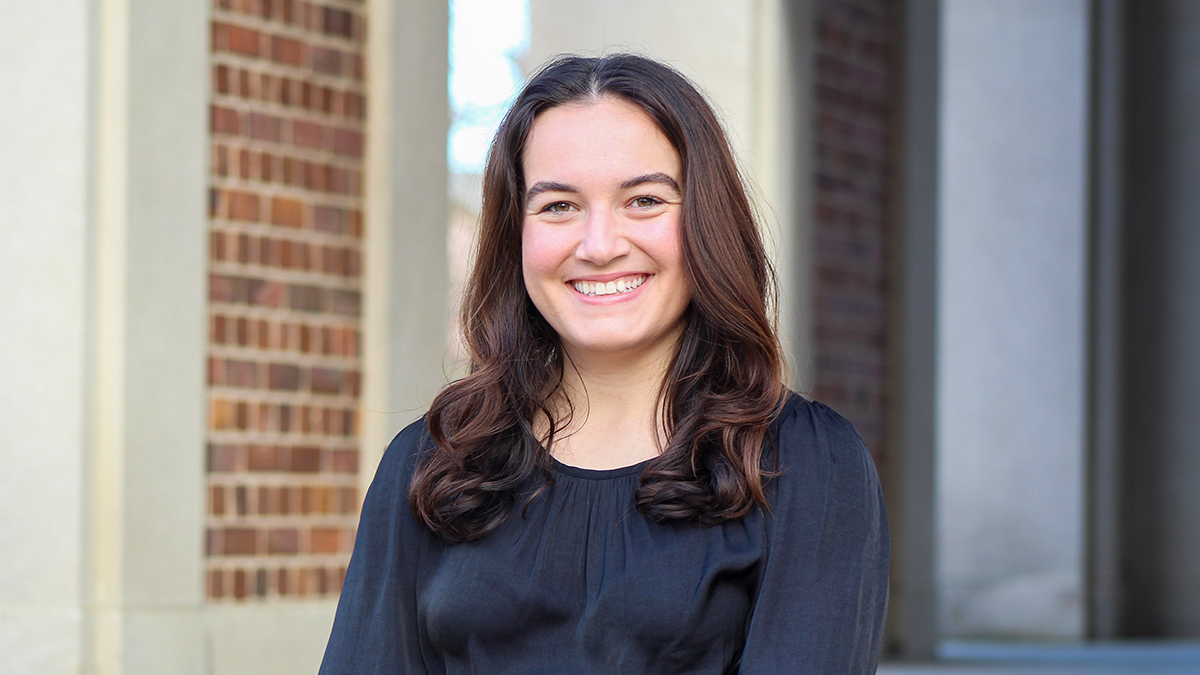Decoding anorexia nervosa
The Anorexia Nervosa Genetics Initiative will create the world's largest database of DNA samples of people with and without eating disorders.
More than 8,000 volunteers are going to help UNC researchers decode anorexia nervosa in an effort to better detect, treat and prevent the eating disorder.
The Anorexia Nervosa Genetics Initiative (ANGI) is collecting clinical information and blood samples from more than 8,000 women and men who have had anorexia nervosa at any point in their lives and those without an eating disorder in an effort to identify genes that contribute to the potentially life-threatening illness.
UNC School of Medicine’s Cynthia Bulik is the lead investigator of ANGI, the largest and most rigorous genetic initiative in eating disorders ever undertaken. Bulik, Distinguished Professor of Eating Disorders in the school, says that people who have suffered the illness have been jumping at the chance to help “crack this disorder.”
“Genome-wide association studies have been enormously successful in identifying genes that contribute to a range of medical and psychiatric conditions. These discoveries have opened up new avenues of understanding of both cause and cure,” said Bulik. “Once we identify genetic associations in ANGI, we will use the information to develop better strategies to detect, treat and prevent anorexia nervosa. If our project is successful, it will change the life course of millions of individuals with anorexia and their families.”
Each person’s complete set of DNA, or genome, will be purified from a blood sample, placed on tiny chips and scanned on automated laboratory machines. The machines quickly survey each participant’s genome for strategically selected markers of genetic variation, which are called single nucleotide polymorphisms, or SNPs. If certain genetic variations are found to be significantly more frequent in people with anorexia compared with people without anorexia, the variations are said to be “associated” with the disease. The associated genetic variations can serve as powerful pointers to the region of the human genome where the disease-causing problem resides.
Cynthia Bulik, director of the UNC Center of Excellence for Eating Disorders, is the lead principal investigator for ANGI, which also includes researchers from the Karolinska Institutet in Stockholm, Sweden, the Queensland Institute of Medical Research in Brisbane, Australia, and Aarhus University in Aarhus, Denmark.
Joining Bulik at UNC are Patrick Sullivan, a professor in the departments of genetics and psychiatry and director of UNC’s Center for Psychiatric Genomics and Laura Thornton, associate professor in the department of psychiatry.




